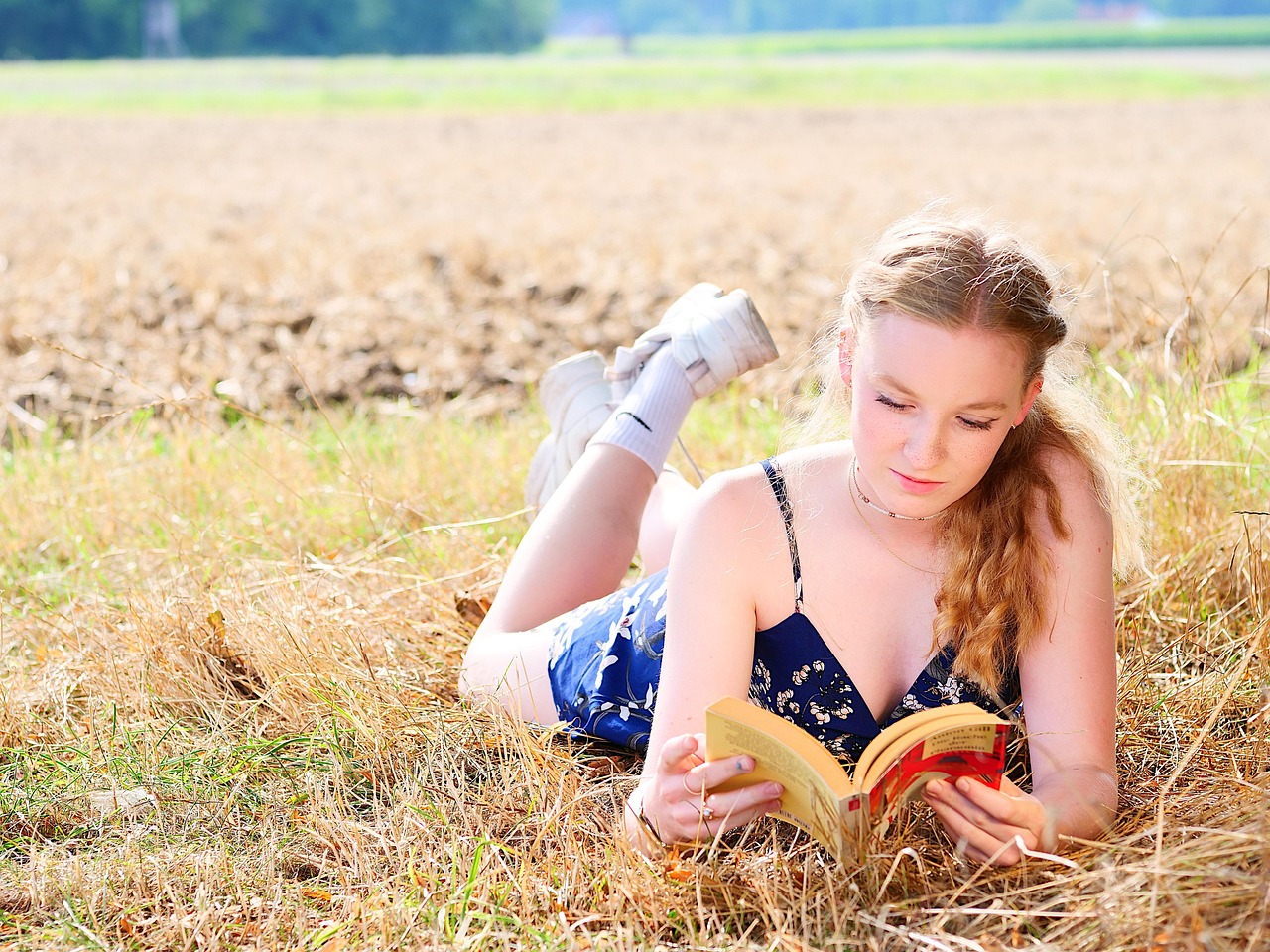The Australian Open is in full swing and it is the ideal time to read…
I’ve had enough of the childish narrator … for now
Some of my favourite narrators are children. It can be incredibly moving to immerse yourself in the life of a child and once again see the world through innocent eyes. There is a sense of nostalgia to take a glimpse at the world this way, and few books can make me cry like one told by a young person.
One of my favourite writers, Sofie Laguna, is the queen of this style of story. I loved her most recent novel Infinite Splendours, which tells of a boy changed for ever due to a traumatic event, and The Choke, about a girl growing up in disadvantage on the banks of the Murray River, was extraordinarily good.
But right now, as I reach the halfway point of The Discomfort of Evening about a child wrestling with the impact of the drowning of his brother on my Kindle and listening to Fault Lines, about a gifted six-year-old interpreting his family’s role in World War II on ebook, I think I need a rest.
I’m craving a more adult perspective for now, and not even that of a 20-something will do.
The problem seems obvious – lately I’ve tending to choose books that emphasise the experience of the young and youngish and I need a change of perspective.
There was Queenie (fabulous and fun), Where the Crawdads Sing (where a disadvantaged young woman survives the prejudice of her small town), Luster (about a troubled young woman navigating love) and The Good Sister (about two sisters who are learning to live without their mother).
While all of these books were entirely enjoyable, I’ve had enough of the search for love in a hostile world. I don’t want to read about the problems with today’s men, which Queenie so hilariously catalogues, or about the difficulty in establishing a career in publishing or any other fashionable industry.
What I want is something a little more grown up right now; perhaps it is a protagonist like Olive Kitteridge who has known love, who has experienced family dysfunction and sees people with clear eyed empathy. She’s not looking for prince charming or climbing a career ladder. She’s not angsty or dramatic; the catastrophes in Elisabeth Strout’s novels are downplayed, just like they have been seen by Olive before. They are surmountable, or at least, endurable.
Or maybe I’m after something by Kent Haruf, in which the passion is slow, courteous and frank. In Our Souls at Night, in which an older couple spends time with each other from loneliness, their own lives are not the only consideration. There are grown children and communities, and both of their long and complex pasts.
It is all so much more human and kind than the fast propositions and rejections, the deceptions and infidelities, that riddle the books of the young(er).
In John Purcell’s The Girl on the Page, the two generations collide and I have to admit I felt more at home with the ageing writers than the gorgeous, young, promiscuous publishing executive at the heart of the novel. Her life seemed so brutal to me.
Similarly, I loved the juxtaposition between the old and the young in Akin by Emma Donaghue, and felt that the older Noah grounded the book and settled the flighty young Michael. The situation, in which Noah became guardian of his sister’s grandchild, was new and challenging to him, but his perspective meant that it was also infused with a sense of wisdom and polite restraint.
Another thoroughly adult book, Hamnet by Maggie O’Farrell, tells the story of the life of Shakespeare’s wife. Here was a woman who had seen life and death, and whose intelligence and experience gave the story a sense of solidity, even in the face of tragedy.
I’ve just started Hilary Mantel’s The Mirror and the Light, and it might well do the job, providing me with an adult cast, however childishly they might sometimes act. It’s strange that Henry VIII is a relief to me after all of the heightened emotions and the startling newness of each experience in books centering on the lives of children and youngish adults.
Perhaps it is the new unpredictability that COVID-19 had brought with it that has made me feel this way, making me want to hear from a narrator with wisdom and gravity, rather than reading about the confusion, powerlessness, flightiness and uncertainty of the young. As life is unpredictable during lockdowns and outbreaks, I want to know what someone is doing, rather than what is being done to them.
And so, I’ll be taking a break from the childish narrator and choosing the more mature experience, in the knowledge that it won’t be long before I’m back again, seduced by the beautiful innocence and sense of possibility of life through the eyes of the young. Just not right now.




If you’re looking for more mature narratives, a couple I’ve read recently and loved were A Man Called Ove by Fredrik Backman and Water For Elephants by Sara Gruen. They had me feeling every emotion throughout
Thanks for the suggestion – I haven’t read A Man Called Ove yet but will look out for it. I saw the movie ‘Water for Elephants’ and didn’t love it but it sounds like the book is better. Thank you!